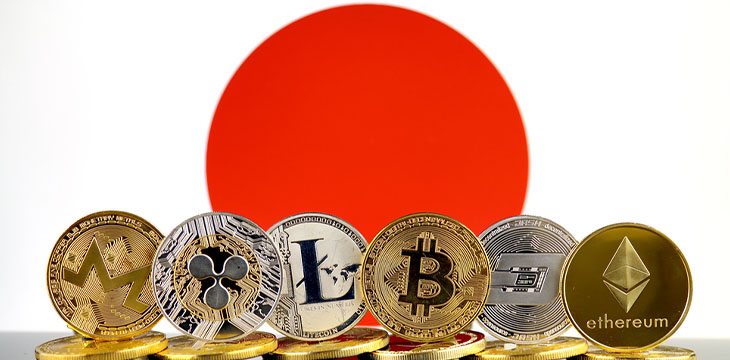|
Getting your Trinity Audio player ready...
|
Japanese financial regulators are pushing for a concerted approach towards virtual currency regulation with a specific call to bring them under the purview of banking regulation, Bloomberg reported.
Mamoru Yanase, deputy director-general of the Financial Services Agency’s Strategy Development and Management Bureau, said that “Crypto has become this big,” requiring stricter regulations. Yanase noted that the potential of contagion in the traditional financial system was too grave to leave things unregulated.
“If you like to implement effective regulation, you have to do the same as you regulate and supervise traditional institutions,” Yanase added.
His arguments come on the heels of the rough patch that the virtual currency industry has faced since the collapses of high-profile firms in the industry. FTX, Three Arrows Capital (3AC), and Celsius imploded in 2022, taking billions of dollars belonging to their customers.
“What’s brought about the latest scandal isn’t crypto technology itself,” Yanase said. “It is loose governance, lax internal controls, and the absence of regulation and supervision.”
Japanese regulators are backing up the calls for virtual currency firms to be regulated like banks by doing the same in the country. Stern regulations in the industry shielded investors from FTX’s implosion as all is set for customers to withdraw their holdings for the firm’s local subsidiary in February.
“We have been in close communication with FTX Japan,” Yanase said, confirming that assets belonging to clients are “properly segregated.”
Japan’s financial watchdogs, through the Financial Stability Board (FSB), are urging their counterparts worldwide to implement tighter internal controls, independent auditing for virtual currency service providers, and expansive anti-money laundering rules.
The rest of the world is latching on
FTX’s inflation jolted financial regulators on the dangers of digital currencies, with the U.S. Securities and Exchange Commission (SEC) announcing a renewed commitment in its attempt to police the sector. Securities regulators from Thailand and Germany have signaled similar intentions for their local digital asset industries.
Singapore’s regulators are keen on protecting retail investors from investing in digital assets by introducing a new legal framework for the ecosystem. India’s Finance Minister Nirmala Sitharaman has confirmed that it will use its G20 presidency to push for a global regulatory template for virtual currencies to prevent “regulatory arbitrage.”
While the virtual currency enthusiast might consider introducing banking regulations to the industry, there appears to be a general consensus that stablecoin issuers should be subject to banking laws.
Watch: Law & Order: Regulatory Compliance for Blockchain & Digital Assets

 02-20-2026
02-20-2026 




